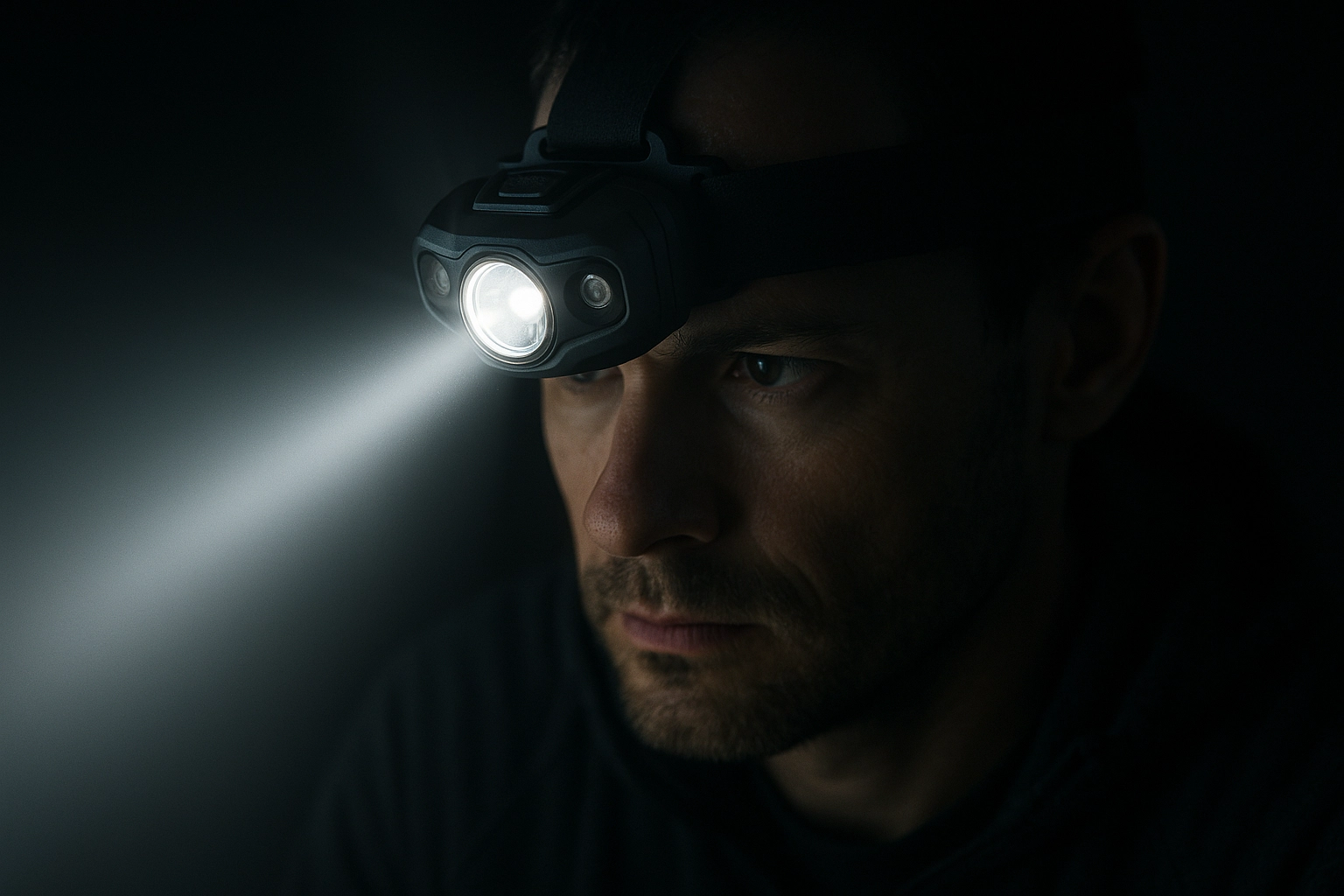JIS D5501 – Headlamp Durability Testing (Japan)
The JIS D5501 standard is a critical benchmark in Japan for ensuring the durability and reliability of automotive headlamps. This test evaluates how well headlights withstand environmental factors such as temperature changes, humidity, and mechanical stress over extended periods. Compliance with this standard ensures that the lighting systems meet stringent quality requirements set by Japan's automobile industry.
The primary purpose of JIS D5501 is to assess the ability of headlamps to perform their intended function under various conditions without degradation or failure. This includes testing for light output, optical performance, and mechanical integrity. The test involves exposing the headlamp assembly to a series of environmental stresses, followed by functional checks to ensure it meets specified performance criteria.
The process begins with careful preparation of the sample headlamps. Each unit undergoes thorough inspection to confirm that it adheres to all relevant specifications before undergoing the rigorous testing regimen outlined in JIS D5501. Once prepared, the headlights are subjected to a series of environmental stresses including:
- Temperature cycling between extreme cold and heat.
- Humidity and dew exposure.
- Vibration tests simulating road conditions.
- Salt fog testing for resistance to corrosion.
After the environmental stress test, the headlamps are re-inspected. Functional checks include measuring the luminous intensity, checking the color of the light emitted, and verifying that the beam pattern remains within acceptable parameters as defined by JIS D5501. This ensures that even after exposure to harsh conditions, the headlights continue to meet all required standards.
The test results are detailed in a comprehensive report which documents each step of the testing process along with the final measurements and observations. This document serves multiple purposes including compliance documentation for regulatory bodies, internal quality control records, and validation data for product development teams. It is an essential tool for ensuring that headlights meet not only local but also international standards.
Understanding the context within which this standard operates provides insight into its significance in the broader automotive industry. In Japan, where vehicle safety and reliability are paramount, JIS D5501 plays a crucial role in maintaining high quality across all aspects of automobile manufacturing. Compliance with these stringent tests helps manufacturers ensure that their products not only meet but exceed expectations for performance and longevity.
For those involved in the automotive industry, especially those responsible for quality assurance or product development, mastery of JIS D5501 is invaluable. Knowledge of this standard allows professionals to better understand the requirements needed to produce reliable headlamps that comply with Japan’s stringent regulations. This understanding also enables more effective communication between different departments within an organization, ensuring everyone is aligned towards meeting these high standards.
Industry Applications
- Automotive manufacturing companies looking to ensure their headlamp assemblies meet Japanese regulatory requirements.
- R&D departments seeking to optimize the design and performance of headlamps before production.
- Quality assurance teams needing accurate data to verify compliance with JIS D5501 standards.
- Procurement specialists ensuring suppliers deliver products that adhere strictly to these stringent specifications.
Quality and Reliability Assurance
- The ability of headlamps to maintain their performance over time despite exposure to various environmental stresses.
- The accuracy of measurements taken during the testing process, which directly impacts the validity of compliance reports.
Use Cases and Application Examples
In practice, JIS D5501 is used extensively by automotive manufacturers who wish to validate their headlamp designs before mass production. By subjecting prototypes to the rigorous conditions specified in this standard, engineers can identify potential issues early in the development cycle, allowing for necessary adjustments and improvements.
A typical use case might involve a manufacturer conducting JIS D5501 testing on new models of cars. After completing the environmental stress tests, they would analyze the results to see if any modifications are needed based on how well the headlamps performed under those conditions. If issues were identified, further iterations could be made until the product meets all specified criteria.
Another example involves ongoing quality assurance checks where established models undergo periodic testing according to JIS D5501 standards as part of their regular maintenance schedule. This helps maintain consistent performance levels throughout the lifecycle of a vehicle model line. Such practices contribute significantly towards ensuring customer satisfaction and overall brand reputation.
Additionally, this standard is also utilized during supplier evaluation processes where potential partners must demonstrate that their components meet these stringent requirements before being considered for collaboration. This ensures that only reliable suppliers are chosen, thereby enhancing the quality of final products produced by automobile manufacturers.





